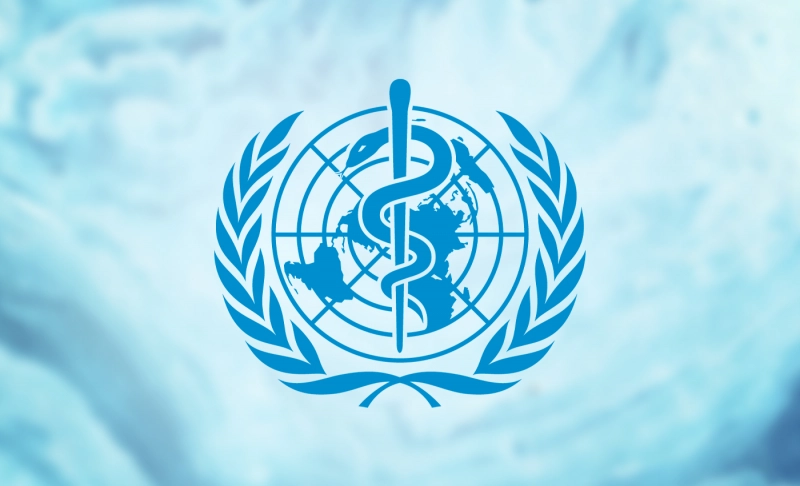January 17 2022
Misleading: India has charged WHO scientist Dr. Soumya Swaminathan with mass murder.

The Verdict Misleading
The Indian Bar Association, a private voluntary organization of lawyers, has no jurisdiction to charge the scientist with murder.
Articles claiming that India has charged World Health Organization (WHO) scientist, Dr. Soumya Swaminathan, with mass murder are doing the rounds on social media. In May 2021, an entity by the name of the Indian Bar Association (IBA) served a legal notice to Swaminathan for spreading "disinformation" about the effectiveness of ivermectin as a COVID-19 treatment. The entity alleges that ivermectin, an anti-parasitic, is effective in treating COVID-19. WHO doesn't recommend ivermectin. The Mumbai-based IBA has no statutory or regulatory status in India and should not be confused with the Bombay Bar Association, which is the official association of lawyers practicing in the Bombay High Court. Furthermore, it is important to note that sending a legal notice is not the same as charges being filed in a court of law. IBA describes itself as “an association of lawyers who are united in the cause of bringing in transparency and accountability in Indian judiciary." In its 51-page long notice, IBA alleges that Dr. Swaminathan has “intentionally ignored” and “deliberately chosen” to ignore the research and findings of fellow doctors and physicians such as U.S.-based Front Line COVID-19 Critical Care Alliance (FLCCC) and the British Ivermectin Recommendation Development (BIRD) Panel, which claim that ivermectin is useful as a prophylactic and for treating COVID-19. FLCCC has been notorious for promoting ivermectin as a treatment for COVID-19. It has falsely stated that ivermectin is “effectively a ‘miracle drug’” that could obliterate COVID-19 transmission and prevent illness, and an article written by its members was taken down from the peer-reviewed journal Frontiers in Pharmacology for making unsubstantiated claims. There isn’t satisfactory evidence that ivermectin can prevent or treat COVID-19. As the Washington Post has stated, “it’s possible ivermectin has some clinical benefits in treating the coronavirus. It’s just that the data is highly inconclusive — and some of the most oft-cited studies in favor of the drug have holes in them." In February, an ivermectin manufacturer, Merck, stated that the company’s research analysis identified that there is no scientific basis for a potential therapeutic effect against COVID-19 from pre-clinical studies and that there is a concerning lack of safety data in the majority of studies coming out in support of ivermectin. Earlier in June, the Directorate General of Health Services under the Union Health Ministry in India updated its COVID-19 guidelines to exclude ivermectin from its recommended drugs for the treatment of COVID-19. In its response to the legal notice against its senior scientist, a WHO spokesperson said that “WHO’s assessment of Ivermectin for treatment of COVID-19 is based on the current state of scientific evidence. WHO guidelines are developed by an independent global guidelines development group and are updated regularly when new data becomes available." The COVID-19 pandemic has given rise to a lot of potentially dangerous misinformation. For reliable advice on COVID-19, including symptoms, prevention, and available treatment, please refer to the World Health Organization or your national healthcare authority.


